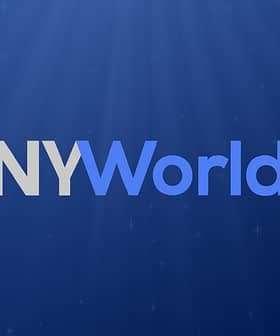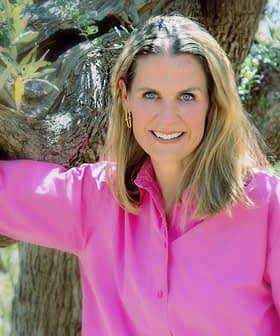
Extra virgin olive oil consumers have limited options for determining if their money is being spent on the real thing. Even if they know that they should check the olive oil bottle for freshness dates or a seal of approval from a reliable agency, there could still be quality issues that occur, such as those caused by improper handling.
Extra Virgin Alliance (EVA) is a new organization founded by Paul Miller, the president of the Australian Olive Association and Alexandra Kicenik Devarenne, an olive oil consultant and educator. EVA is a non-profit trade association with the goal of restoring trust in the marketplace.
Producers worldwide who agree to product testing and who meet standards can earn the EVA Mark of Quality and Authenticity. “A seal or guarantee is the only way for people to get assurance that they are getting what they think they are getting,” said Miller.
What distinguishes the EVA program from some others is its focus on “quality on the shelf,” Miller said. Assessing oil when it is made is one thing, but there are many chances for quality to be compromised after that point, such as in the shipping process or through issues with the retailer, he noted.
In the EVA program, participating producers would indicate a “Best Before” date on their olive oils. Third-party auditors would purchase oils from market shelves before that date and test them for compliance with EVA standards. Testing to meet EVA standards would include both chemistry and sensory analyses.
Kicenik Devarenne indicated that most current sensory analyses focus on the detection of defects. The EVA test will go further and include “descriptive analyses of the positive side so that producers and consumers can better communicate what the olive oils taste like and how to best use them.”
EVA intends to provide consumer education on their website, including information on the producer and their oil’s flavor profiles and best uses with food. The goal is to “make the standards more useful and meaningful tools,” Miller said.
There are already producers from six continents and nine countries who have become members of the program, according to EVA. “It’s the producers who have the vision and can see that good olive oilproducers from around the world have common goals and common problems,” said Kicenik Devarenne.
Although other groups offer olive oil quality seals, Miller believes that these groups will see the EVA program as a welcome addition. “Many of the certifiers are keen on denomination of origin and this will help with that,” he said.
Miller said that quality producers already lead by example and he predicts that with their participation, EVA will improve the supply chain and restore consumer trust.








